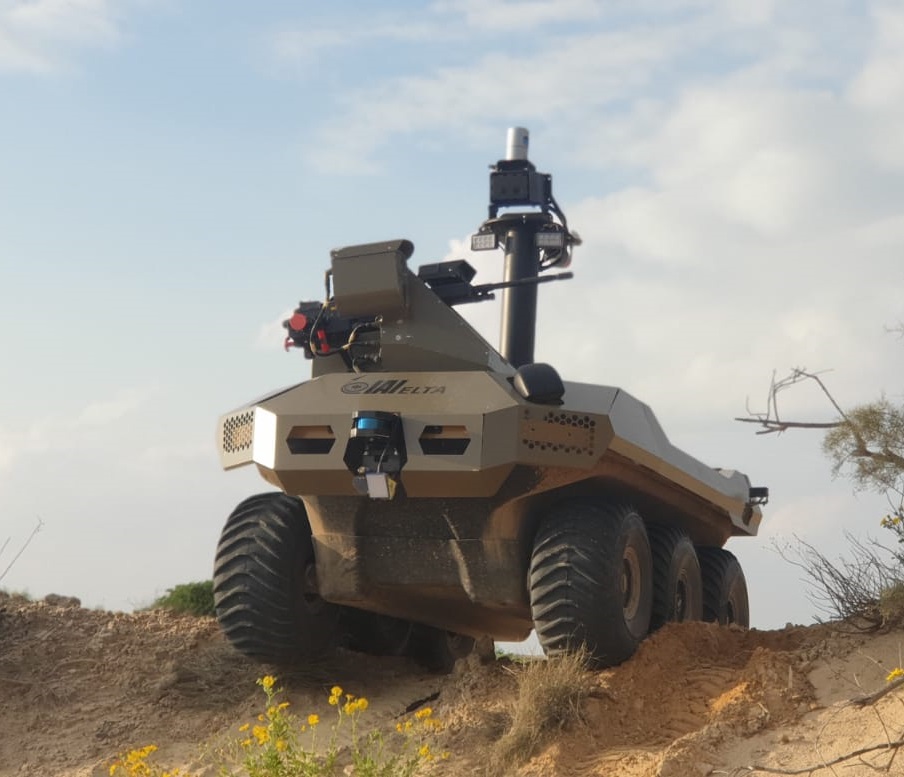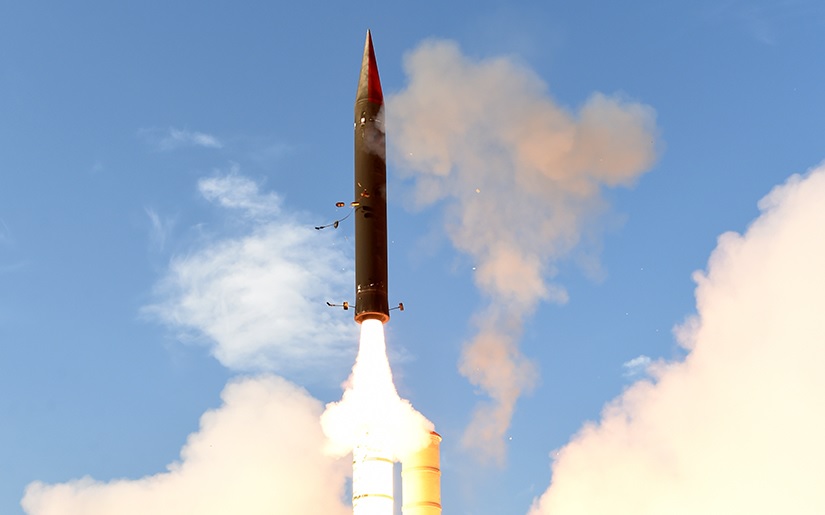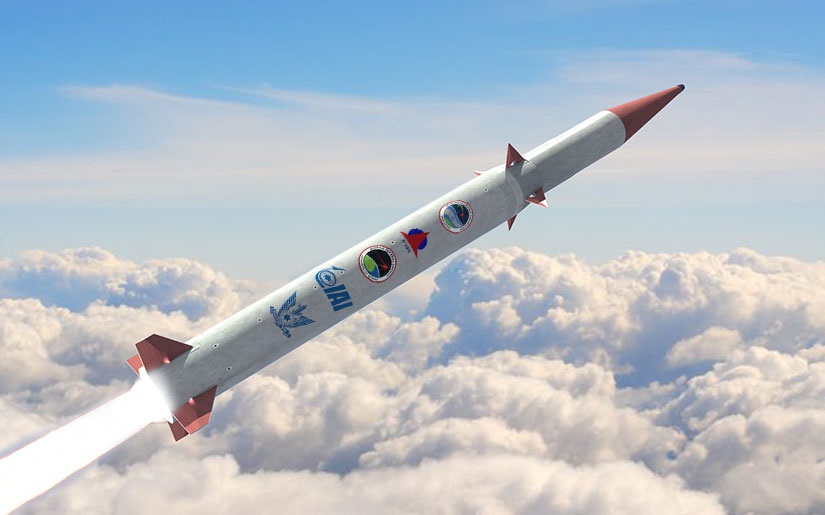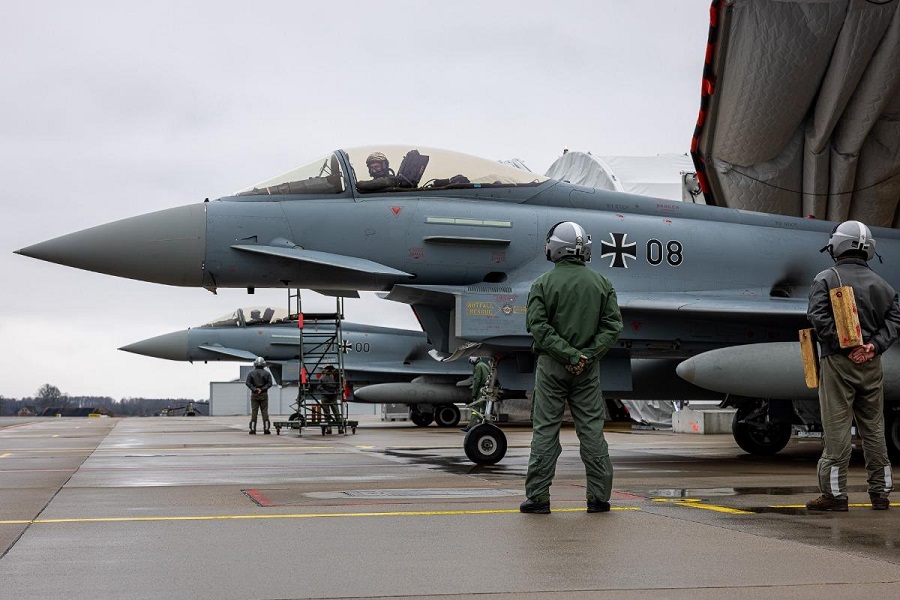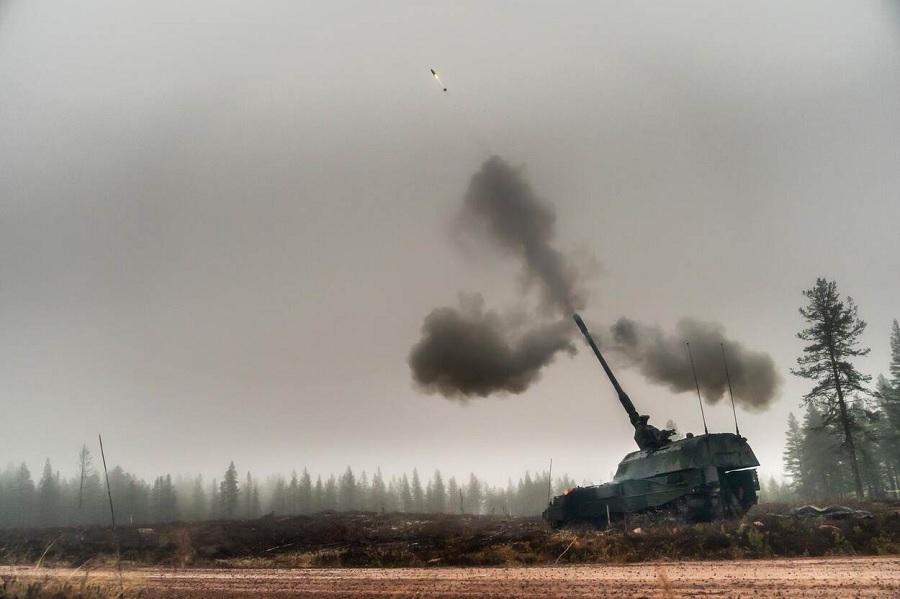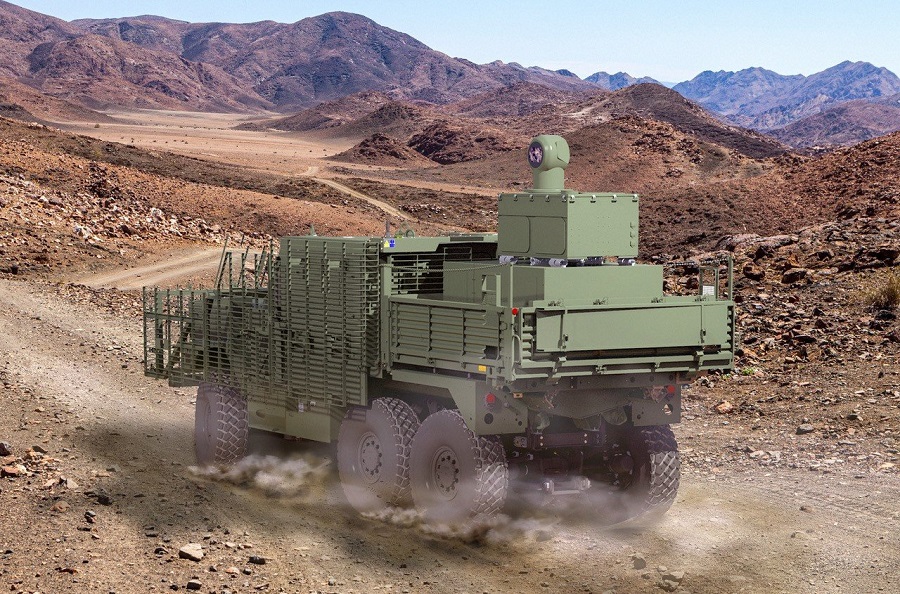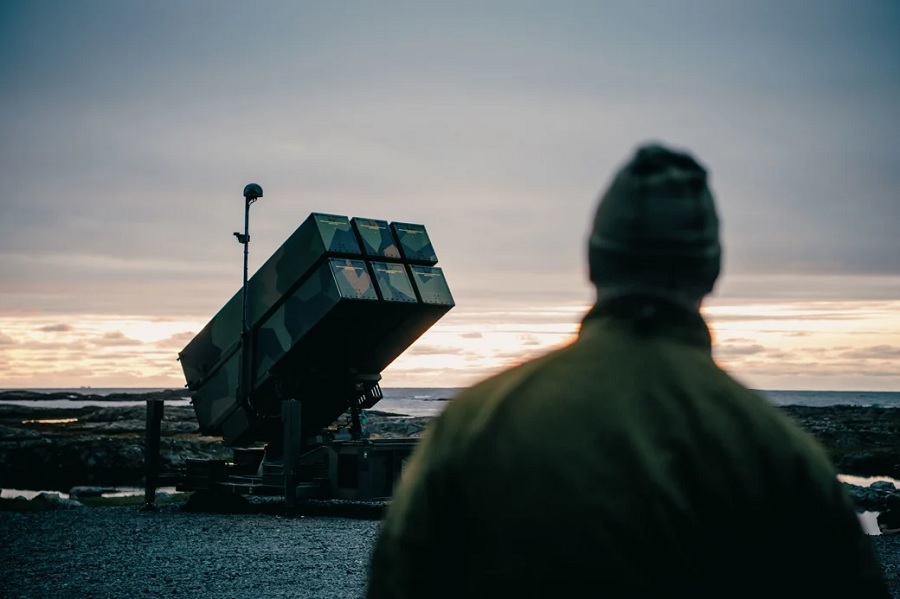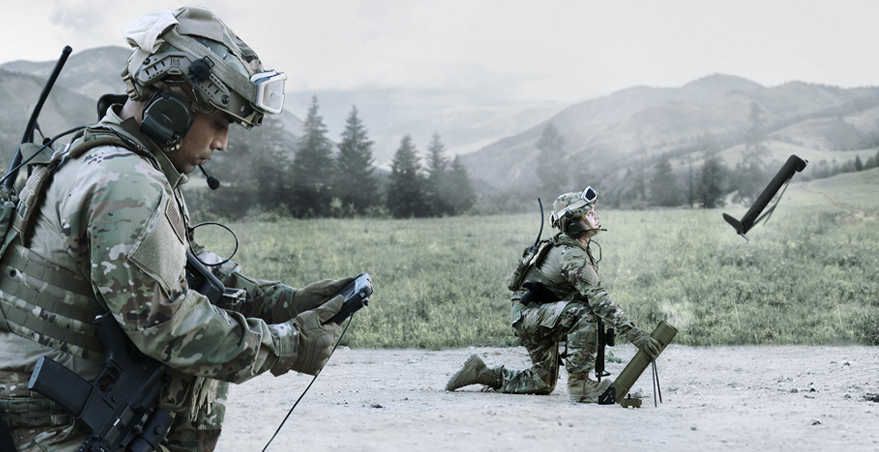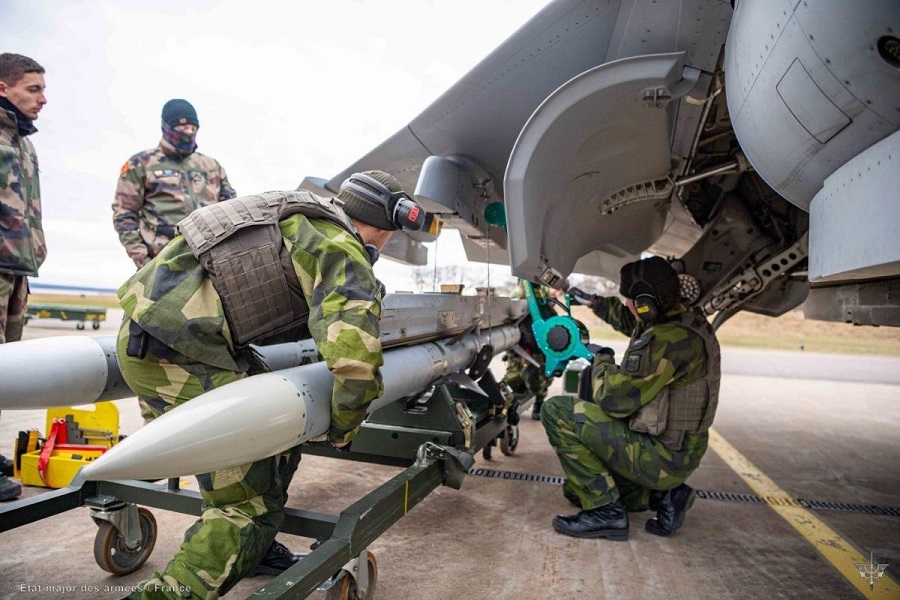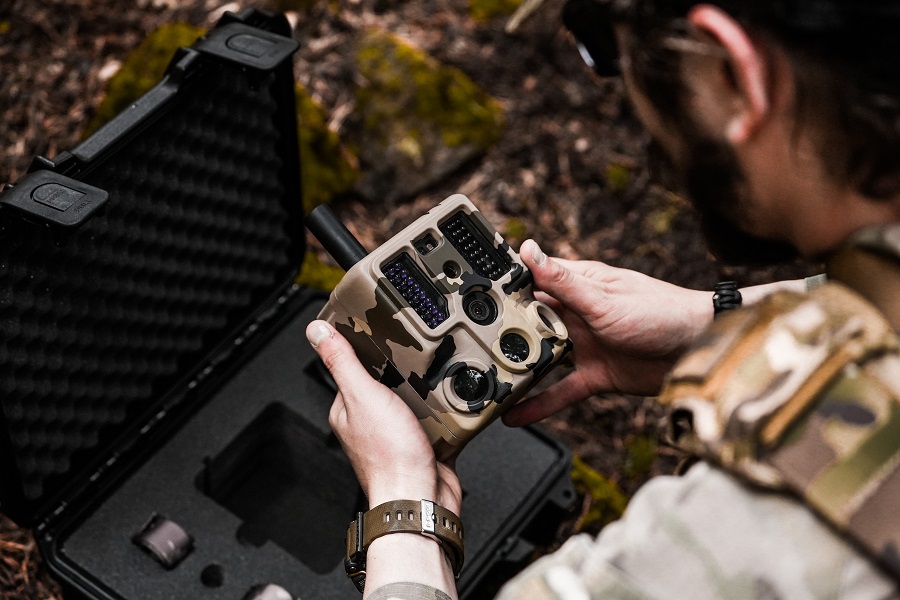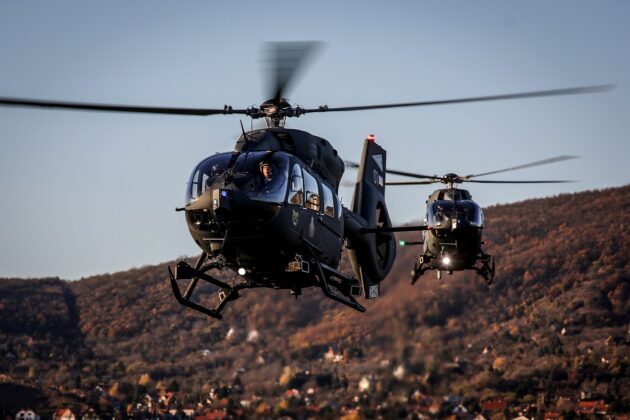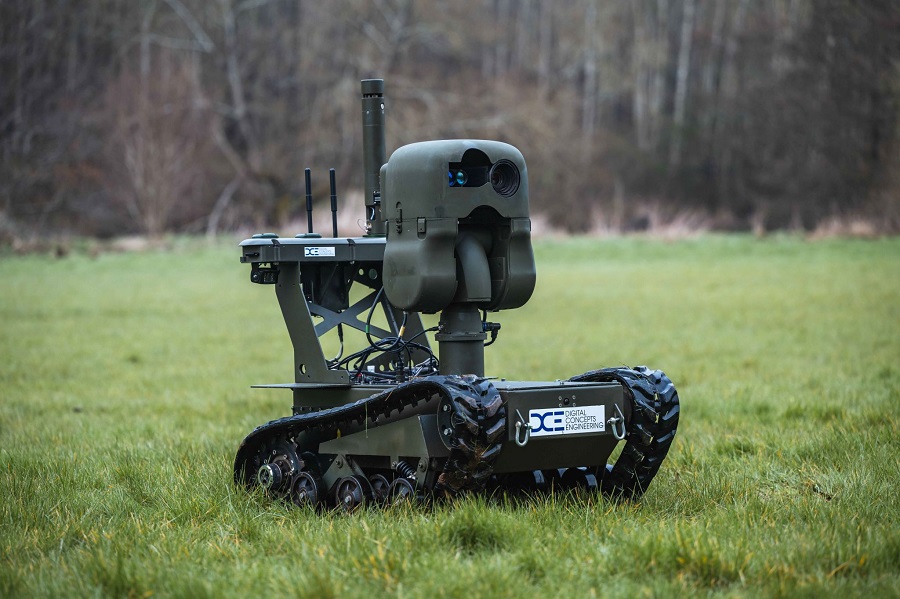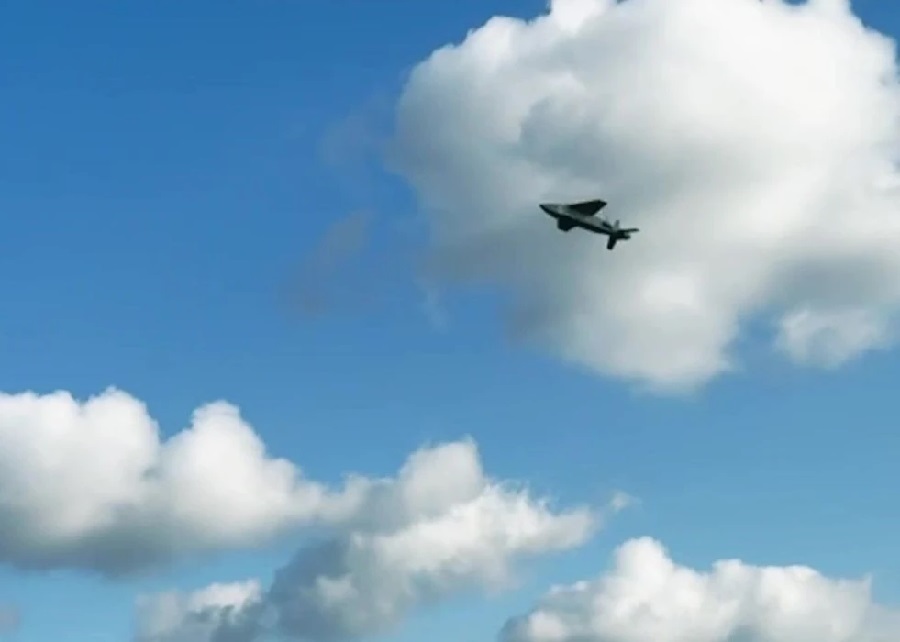Looking at the development of the war so far, one lesson is clear- the Russian logistics were built to support some days of fighting. When the fighting went on the logistic infrastructure proved to be faulty, outdated, and even ridiculous.
The logistics of the army determine whether a war is won or lost. The Russian invasion of Ukraine is the best and most recent example of a conflict that did not turn out as its instigators had intended.
The Israeli Defence Forces’ (IDF) experts are currently studying the Russian logistical failure.
Lt. Col. (ret.) Eyal Ziv, commander of the logistic department of the IDF’s 98th unit, conducted a study on the Russian logistic systems in Ukraine. In an article he wrote for the IDF’s official magazine, he says that an army that is ready for prolonged combat must also be ready to feed its troops for longer than the anticipated length of the conflict.
“The Russians probably didn’t anticipate that the fighting would last for weeks or months, and the Russians had a great reliance on logistical planning: in Western armies, it’s customary to supply according to demand, whereas the logistics in the Russian army are built on supply according to advanced planning,” the author writes.
According to the IDF logistic expert, instead of the strategy dictating the logistics in the campaign – the logistics dictated the strategy.
The IDF officer points to another planning failure that apparently contributed to the poor organization- the attempt to maintain the element of surprise.
“The decision to hide the army’s plans for the invasion was aimed to generate disinformation, and confuse the enemy, but among those surprised were the Russian soldiers who were required to fight it.”
The IDF is currently involved in what has been nicknamed “the war between wars” in reference to the operations against Hezbollah in Lebanon and Hamas in Gaza.
However, the IDF is putting together a solid logistics plan in anticipation of a major confrontation.
As part of this effort, the IDF is employing technologies developed by numerous Israeli defence companies. The UK Ministry of Defence recently chose two of these technologies to showcase an advanced AI-based combat logistic system.
The two, Israel Aerospace Industries (IAI) and Rafael, were chosen following a competition with the participation of 100 international companies.
The two Israeli companies have proposed systems that are based on the combat experience of the Israeli defence forces (IDF).
All the experts agree that the basic system offered, will in the future enable the centralized autonomous operation of unmanned systems on the ground and in the air for combat missions.
The Rafael , end-to-end system for planning and managing logistic resupply for units deployed on the battlefield, was as mentioned before selected by the U.K. Ministry of Defence for the award of a contract for experimentation activity under Lot 1 of the U.K. Ministry of Defence Project THESEUS-– a Joint Tactical Autonomous Resupply and Replenishment (JTARR).
The end-to-end system is directed by a single operator mission control and management system. By employing fully autonomous UAVs and UGVs, the system provides a unique and groundbreaking solution to the challenge of battlefield logistic resupply.
With an added focus of minimizing the number of forces in the combat arena through minimizing the manpower requirement, the system relies on fully autonomous unmanned air and ground platforms. These components are managed and controlled by a master mission management system which is based on modern technologies including COMBAT AI, GPS-free navigation and advanced image processing.
The logistics system, whose purpose is to perform delivery tasks to the tactical level draws and gathers information from a variety of existing battlefield sources (such as BMS and various command and information systems) as well as from commanders and units in the field. The system then analyzes the information and uses it to generate meaningful logistic resupply tasks.
The primary mission control and management system can choose the most suitable and effective platforms for each assignment before planning the corresponding individual tasks thanks to AI algorithms. The work is simultaneously planned by the system from a systemic perspective.
Each of the platforms carries out the mission autonomously, without the need to endanger human life. Additionally, the diversity of sophisticated algorithms that are already included in the system helps it recognize and autonomously adjust to a variety of dangers and barriers that may appear on the battlefield, enhancing and guaranteeing mission success
In certain circumstances, the mission will be revised after it is launched as more urgent resupply concerns are detected in a different combat unit, according to A Rafael official, the program determines the urgent resupply demands and takes into account all other variables to optimize the delivery securely and quickly.
He added that while other companies are focusing on the autonomous operation of a single vehicle, the effort in the Israeli company has been to enable such operation to a large number of different platforms that will work according to commands delivered by a centralized automatic operation center.
The second system has been developed by IAI. A company official said that the system that was selected is a centralized “tasking” one that is using different unmanned systems for combat logistic missions ” we bring into the overall competition our AI combat proven capabilities and our vast array of ground and aerial unmanned systems that will perform the logistic missions” a company official said.
According to IAI the THESEUS concept is a perfect solution for what is dubbed “The last mile” logistic challenge – supplying what the front combat units need at all times under all combat conditions.”
The IAI official said that the war in Ukraine put the logistic issue high on the wish list of many armed forces.
Is the system immune against electronic warfare?
IAI not only developed an AI-based logistic system but also the carrying platforms. One is the “Rex”. The Israeli company is now offering the advanced version the MK 2 .
This according to IAI Rex MK II is a multisession system providing direct support to maneuvering infantry units. Can perform a variety of tasks: tactical logistic support, tactical ISR, operating lethal weapons through target acquisition, and evacuating wounded soldiers. The Rex includes “follow-me” driving mode adapted for infantry forces.
The company says that the advanced Rex Supports up to 1.25 ton of payload and is powered by an electric Hybrid systems.
It can travel to ranges of up to 300 Km (70 km while going on electric power only).
Operation modes include Tele-Operation beyond LOS, “Follow-me” mode, and fully automated.
It can be easily transported by a MV-22 or CH-47F.
The other autonomous vehicle is the Jaguar, also developed by IAI in close cooperation with the technological department of the IDF ground forces command. According to the IDF, the Jaguar travels autonomously, detects and bypasses obstacles, avoids collisions and trampling, calculates a route for itself and detects its surroundings by dozens of sensitive sensors. It is currently stationed 24 hours a day as part of a smart border concept developed in the IDF’s Gaza Division. The Jaguar is armed with a machine gun, controlled from the remote operation command post. According to the IDF the plan is to add more weapon systems to the Jaguar.” According to the mission”



